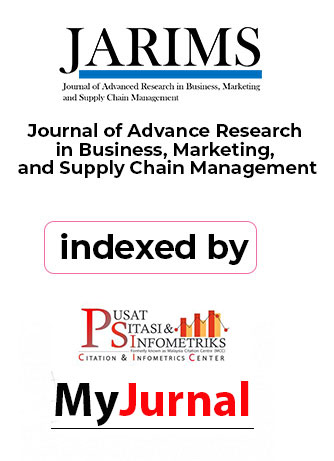Noor Azura Azman¹, Osman Mohamad², and Noor Hazlina Ahmad³
¹Department of International Business, Universiti Utara Malaysia, Malaysia (This email address is being protected from spambots. You need JavaScript enabled to view it.)
²Graduate School of Management, Multimedia University, Malaysia (This email address is being protected from spambots. You need JavaScript enabled to view it.)
³School of Management, Universiti Sains Malaysia, Malaysia (This email address is being protected from spambots. You need JavaScript enabled to view it.)
ABSTRACT
The internationalization process involves the expansion of businesses into a new geographic region and it encourages domestic growth and value-creation of SMEs. Then, it comes to the liability of foreignness effect, which has a huge impact on the operation of SMEs abroad. Foreign firms will endure additional costs arising from the unfamiliarity with new market environments, which is known as the 'liability of foreignness'. Conceptually, the liability of foreignness appears when SME’s knowledge and capabilities are narrowed and differences occur in the new market. These challenges occur when a firm first enters a new market with the differences in respect of political, economic, legal and cultural dimensions. Due to this matter, firms need to adapt to the differences by changing their business strategies in a domestic-context. This concept draws from Erickson et al. (1997), who studied the importance of experiential knowledge for the internationalization process. They postulated that firms engage with liability of foreignness in the initial stage of the internationalization process. Besides, firms will suffer the negative effect of the liability of foreignness in terms of reduction in the economics of scale and the initial learning costs, which lowers firm performance. This paper aims to highlight the importance of identifying the existing liability of foreignness on the survival of Malaysian SMEs.
Keywords: liability of foreignness; internationalization; SMEs






